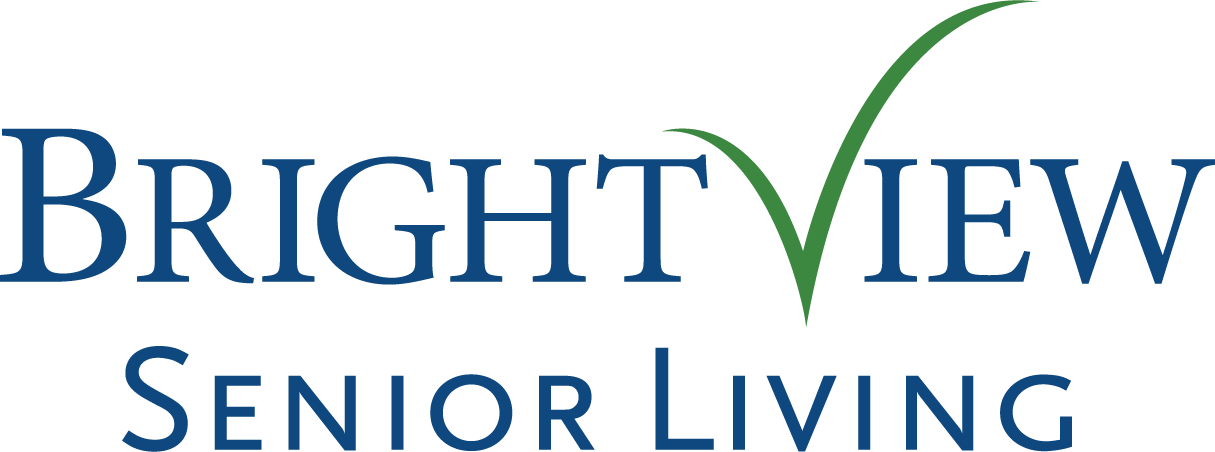Getting organized is often at the top of many people's personal and professional goals. One part of getting organized can be making sure investment, tax, and estate planning items are in order. Periodic review of estate plans are important to ensure any family changes have not been overlooked in how the estate will be handled, that planning complies with current laws, and to review any changes in financial situation. It may not be a particularly fun task but it can certainly save confusion and upset down the road.
Step One
The first - and arguable the most important step - in helping to get financial and estate planning affairs in order is simply to have all important documents together in one, clearly designated place where the appropriate person(s) can easily access them. Documents housed in the designated place would include an updated will, all insurance policies, a list of all financial accounts including income and debt, and an updated list of assets and investments including real estate. Proactive communication with all decision-influencing family members can also help to minimize stress during an emergency.
Questions to Ask
Once the paperwork is assembled, and the appropriate parties have been informed, the following are some questions to ask as the documents are reviewed. When appropriate, always seek the advice of an attorney, accountant, investment advisor, insurance agent, or similar professional to help answer questions.
Estate planning Questions to Ask
- Are beneficiary designations still correct?
- Are Power of Attorney arrangements in effect and current as to wishes, including medical treatment elections?
- Are gifting programs for charities and transfers of family wealth in need of review?
- Should intra-family asset shifting, such as the establishment of 529 education plans for children or grandchildren, be considered?
- Should trust arrangements be established or updated to comply with the best interests of the estate and beneficiaries?
Investment Questions to Ask
While your portfolio and investment strategies, including retirement accounts, should be monitored regularly, many of us often neglect to focus on this during the year. The start of a new year can be an appropriate time to make sure to create a periodic review schedule.
- Are there investments that are no longer performing as planned or under-performing the market?
- Is there an asset allocation policy that needs to be adjusted?
- Is my financial advisor providing the services and advice expected?
- Are cash, checking, and money market funds invested to provide for planned short-term needs?
- Are after-tax rates of return considered in the evaluation of earnings rates?
- Are asset preservation and transfer planning objectives being met?
- Should mortgage refinancing be considered to take advantage of low mortgage interest rates?
Taking into consideration the low interest rates available for investments, should funds be used to pay down interest bearing credit cards or mortgages with interest rates higher than the rates on earnings?
Tax Planning Questions to Ask
Tax planning is important to make sure the timing of taxable distributions from retirement plans, tax deductible expenses, sale of capital assets, etc. are done with consideration to effectively minimize current and future taxes on income.
- Should consideration be given to selling investments to recognize tax losses, either to offset capital gains or generate a loss to offset against ordinary income based on current tax laws?
- Have Required Minimum Distributions been distributed properly from retirement accounts?
- Does it make sense to make additional contributions before the end of the year, or prepay certain taxes deductible as itemized deductions?
- Are estimated tax payments or withholding adequate to cover anticipated Federal and state income tax obligations?
Insurance Coverage Questions to Ask
Health insurance, life insurance, long-term care insurance, homeowners insurance, and automobile insurance need periodic review.
Considerations may include:
- Do current life insurance policies provide desired amounts of coverage
- Are beneficiary elections current?
- Should a life settlement structure be considered in lieu of continuing life insurance policies?
- Have values of real estate and contents changed dramatically enough to warrant a change in coverage?
- Does the automobile policy accurately reflect the vehicles owned and should adjustments in deductibles and coverage limits be considered?
Evaluate daily living limits of long-term care policies, as well as other terms and conditions to consider current costs and situations.
These questions are suggestions only and are not meant to be an all-inclusive list or to be viewed as professional recommendations or advice since individual situations and specific circumstances vary. The content is for informational purposes only, you should not construe any such information as legal, tax, investment, financial, or other advice. The important thing is that we would all do well to be proactively organized for ourselves and for those we love. The peace of mind is worth it.

